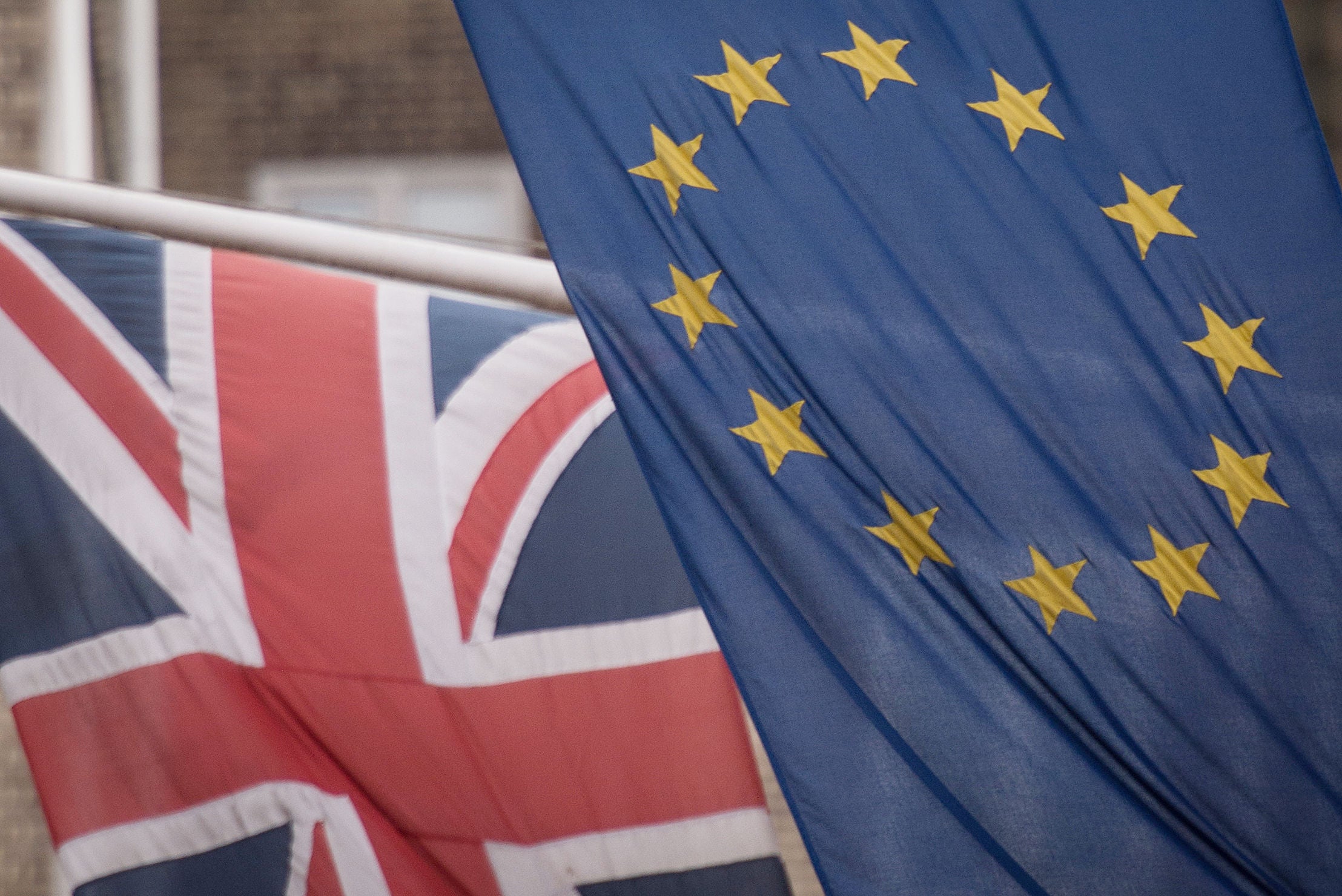When does the Brexit transition period end?
The UK continues to be subject to EU rules until the end of 2021

Your support helps us to tell the story
From reproductive rights to climate change to Big Tech, The Independent is on the ground when the story is developing. Whether it's investigating the financials of Elon Musk's pro-Trump PAC or producing our latest documentary, 'The A Word', which shines a light on the American women fighting for reproductive rights, we know how important it is to parse out the facts from the messaging.
At such a critical moment in US history, we need reporters on the ground. Your donation allows us to keep sending journalists to speak to both sides of the story.
The Independent is trusted by Americans across the entire political spectrum. And unlike many other quality news outlets, we choose not to lock Americans out of our reporting and analysis with paywalls. We believe quality journalism should be available to everyone, paid for by those who can afford it.
Your support makes all the difference.The UK is hurtling towards the end of 2020, and with it, the conclusion of the Brexit transition period.
More than four years after the country voted to leave the bloc, formal negotiations regarding its future relationship with the political and economic union are running out of time.
Although the UK formally left the European Union on 31 January, 2020, an 11-month buffer was created to allow for trade negotiations and new processes to be put in place.
During this period, the UK continues to be subject to EU rules and laws.
This will change when the deadline expires on 31 December, 2020.
What is the transition period?
The transition period was an 11-month stopgap meant to avoid a sudden ‘cliff edge’ when the UK left the EU.
For now, the country continues to be treated as part of the single market and customs union, and free trade and free movement of people remains unaffected.
The UK is still subject to EU law and the decisions of the European Court of Justice until the end of the year.
However, there are no UK MEPs in the European Parliament, no UK commissioner and UK ministers no longer attend meetings of the European Council.
As well as negotiating a trade deal and putting UK government processes in place to replace EU ones, the period was meant to give businesses that trade with EU countries time to prepare for new rules that will come into effect at the stroke of midnight on New Year’s Eve.
What will change from 1 January 2021?
The period in which the UK can negotiate and implement its new relationship with the bloc will be over, as set out in the Withdrawal Agreement. There is no longer any possibility for extension.
This will mean the country will no longer be operating as part of the single market and customs union.
Tariff-free trade of goods and services and free movement of people will also come to an end.
The specifics of what 2021 onwards will look like depend on whether a deal is reached with the EU – and what measures are agreed to.
What about trade deal negotiations?
The transition period will end regardless of whether the UK and the EU broker a trade deal.
This could mean the UK is left with no agreement with the bloc at the end of the year – a prospect that looks increasingly likely as the clock runs down.
The EU has said it will be challenging to ratify a deal within the timeframe if one is not agreed to by 30 November.
The European Parliament will sit for its final plenary session this year on the week beginning 14 December, and a vote to ratify any potential deal has been scheduled for then to allow for the maximum amount of time to scrutinise the terms. This would mean the UK would have only two weeks between its relationship with the bloc being settled and it coming into force.
It is unknown whether the country will leave with a trade deal maintaining tariff-free, quota-free trade in goods, or whether only the World Trade Organisation arrangements will apply.
However, EU diplomats have said that even in a scenario where no deal is agreed, negotiations would probably continue to try to put together some kind of relationship between the UK and the bloc.
Join our commenting forum
Join thought-provoking conversations, follow other Independent readers and see their replies
36Comments